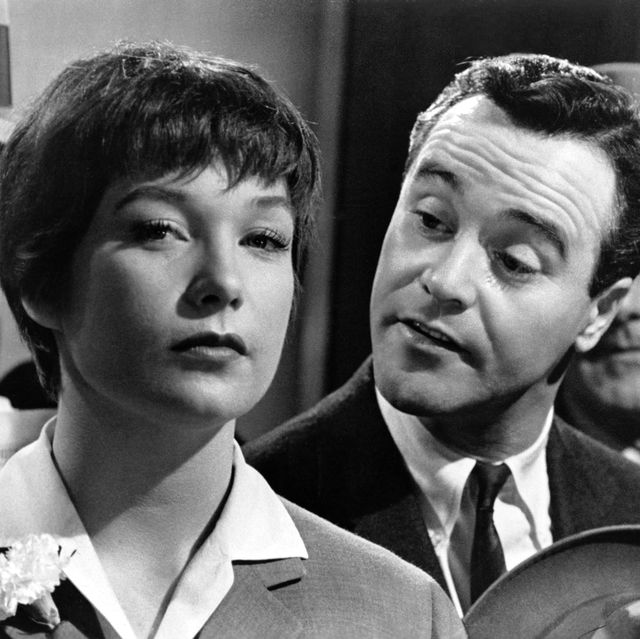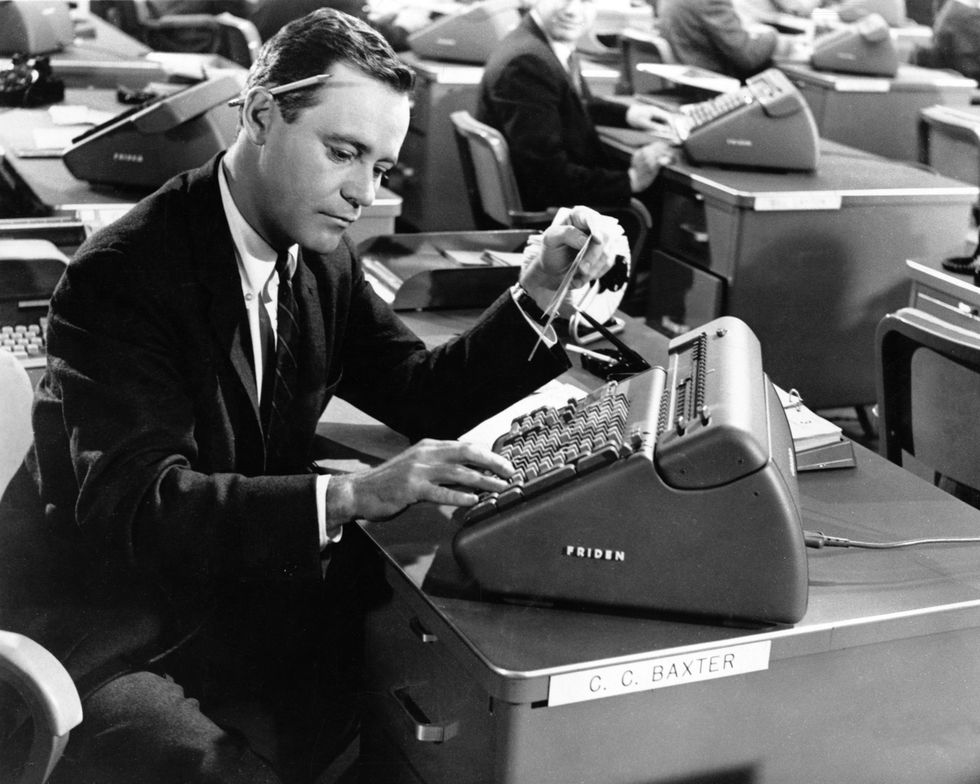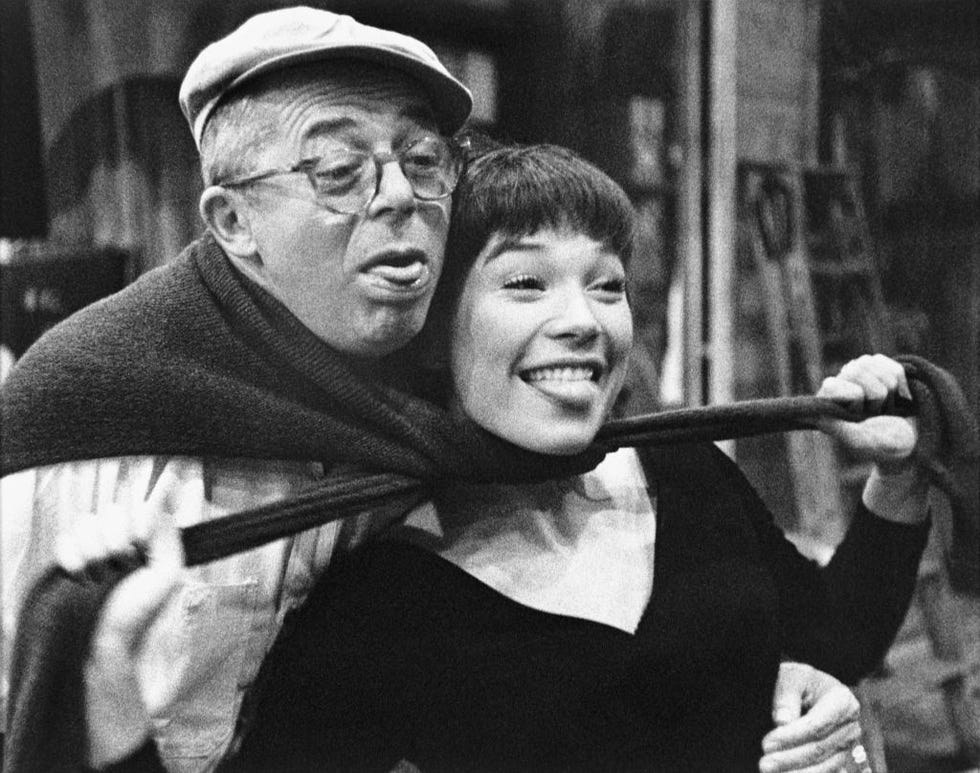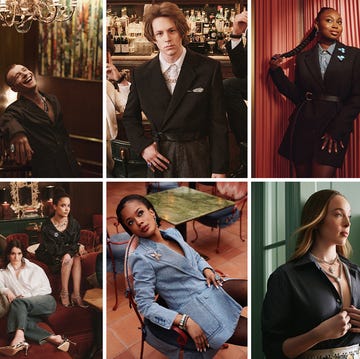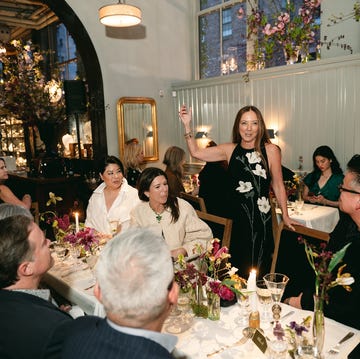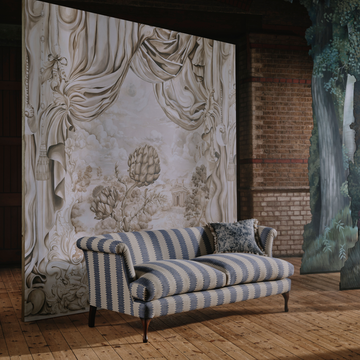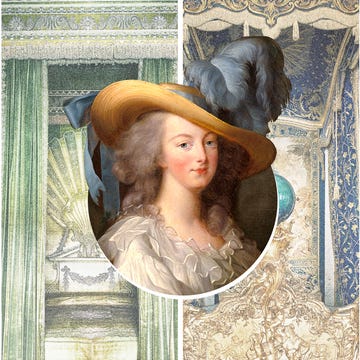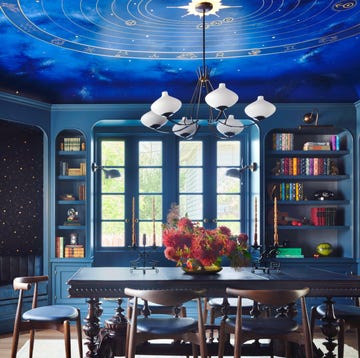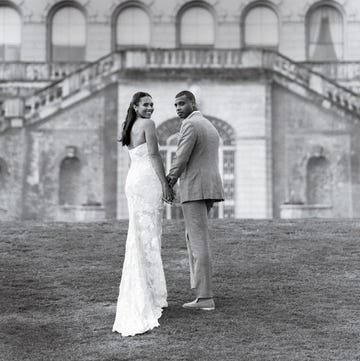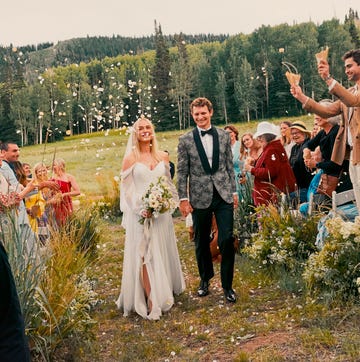In 1961, Billy Wilder became the first person to win the three top Oscars—Best Picture, Best Director, and Best Original Screenplay—in one year for the same picture, his unforgettable romantic comedy The Apartment.
Wilder attributed inspiration for the film to David Lean’s Brief Encounter, the story of an extramarital affair set in the respectable English town of Milford. “They go to the apartment of a friend of his,” recounted Wilder, “I saw it and I said, ‘What about the guy who has to crawl into the warm bed…?’” He reimagined Lean's hero as Jack Lemmon’s C.C. Baxter, “a lamb among ravening wolves,” as the New York Times called him in 1960, whose apartment becomes the staging area of not just one but all the trysts in his office. In order to tell a story so risqué for its contemporary audience, its natural American relocation could only be one place: New York City.
What we see in the movie isn’t New York, of course, but Hollywood’s idea of New York—a set of choices designed to evoke what audiences wanted this city to be at her best. In true moviemaking fashion, it’s largely fabrication. Even the titular residence—said to be at 51 West 67th Street—is manufactured; art director Alexandre Trauner invented the Upper West Side brownstone on The Lot, a soundstage on Formosa Avenue in West Hollywood. But looking back, after a pandemic that has had many people wondering if New York will ever be the same, the film tells us something vital about what makes New York New York: New Yorkers.
Don’t return to the film expecting anything near humanizing in the portrayal of women or people of color. True to its time, those depictions are woefully demeaning. City women are uniformly portrayed as drunk idiots, and the nearly nonexistent BIPOC appear in non-speaking roles in the service industry. The onscreen population looks much more like the ticket buying population it sought to attract in 1960’s middle America.
But what the movie gets right about New York culture is just that: population. Our soul is our density, proximity, how many of us can fit on this tiny island. The film’s opening lines say, “On November 1st 1959, the population of New York City was 8,042,783. If you laid all of these people end to end, figuring an average height of 5 feet 6 1/2 inches, they would reach from Times Square to the outskirts of Karachi, Pakistan.”
What defines us is the sheer number of us. Wilder sets the story during our most teeming time of year, when throngs of tourists surround the tree at Rockefeller Center but real New Yorkers hide out at our local Chinese food haunt. A quintessential New Yorker, Baxter doesn’t just wait for a date, he searches for her through crowds moments before curtain at the hottest ticket on Broadway. His office holiday party is no mere game of Secret Santa, it’s scores of people cramming tipsily into elevators that service all 31,000 people working in one building at 2 Broadway. His aren’t just neighbors, but busybodies stacked beneath and beside each other, whose walls are so thin that they become closer than family.
At holiday time this year, on The Apartment’s 60th anniversary, Manhattan will be striving to restore her fighting weight, after a pandemic that struck at the heart of what this movie argues is our city’s soul. The accompanying accusations that New York will never be the same echo like voiceover.
“There’s no special identity here, there’s just all these people in a big city,” says Wilder historian Jeanine Basinger. “He wanted the glamour of New York but also its anonymity, the sense of many many people, most of whom will not become rich and famous, trying to climb a corporate ladder.” But revisiting the film, we’re offered heartwarming solace in this eerily unseasonal season. Even with all the city’s most romantic options at C.C. Baxter’s fingertips, he knows the best New Year’s Eve isn’t spent at 21, but inside playing cards. Being here, The Apartment reminds us, is the only thing that really matters.
This story appears in the December/January 2021 issue of Town & Country.

